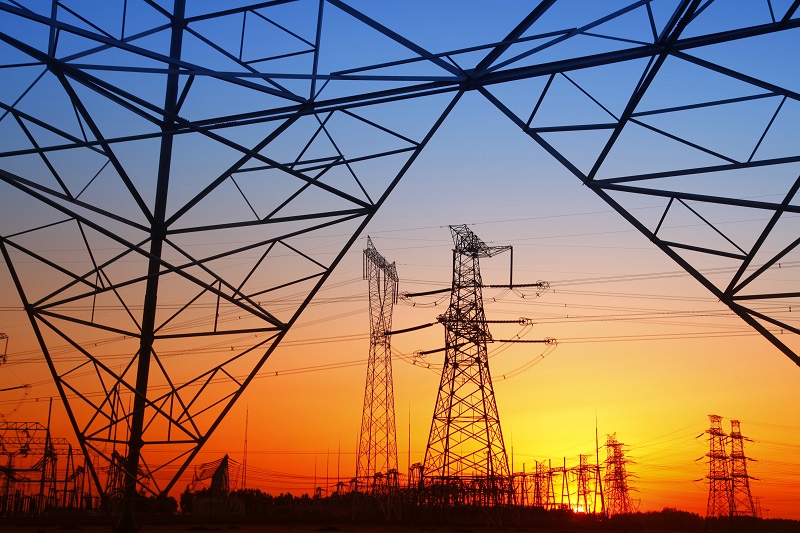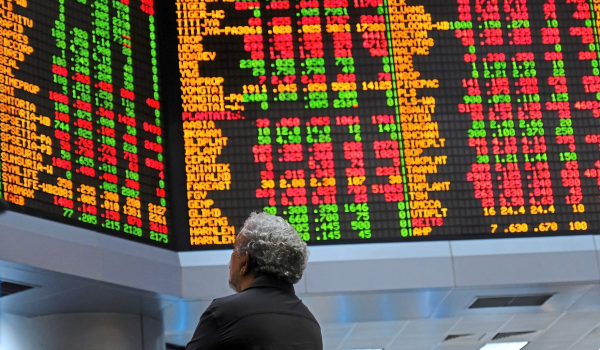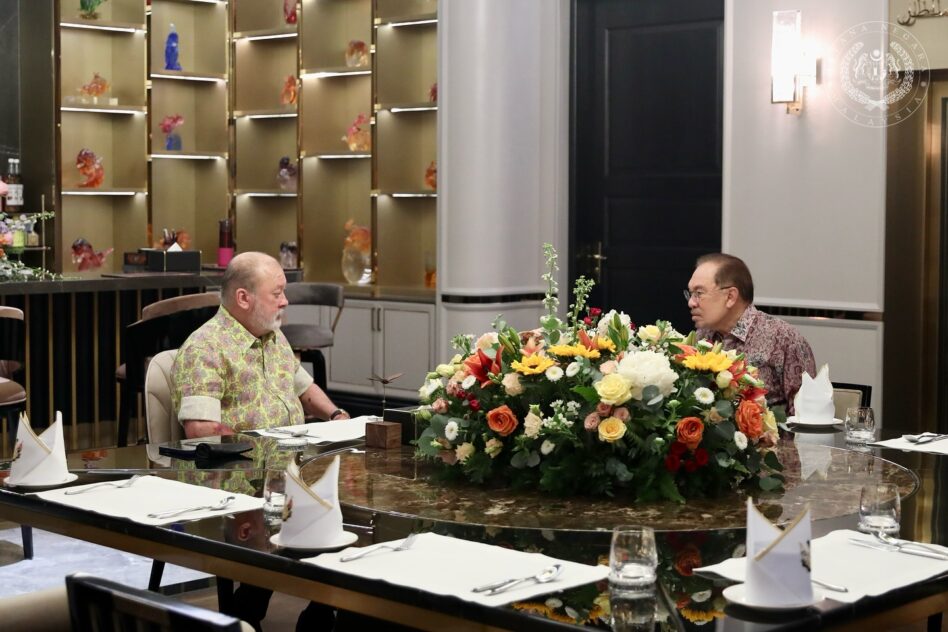PLANTATION multinational company and property developer Kuala Lumpur Kepong Bhd (KLK) have been recording steady growth in its business, including a staggering surge of increased earnings in its third quarter ended June 30, 2020 (3Q20).
Its earnings for 3Q20 jumped to RM368.6 mil from 3Q19’s RM48.6 mil, with a slight revenue increase of RM3.71 mil compared to RM3.70 mil last year.
With over 285,000 hectares of plantation land spread out throughout Malaysia (approx. 26%), Indonesia (approx. 41%) and Liberia (approx. 8%), KLK was even strong five years ago when the company’s fresh fruit bunch (FFB) production experienced a 3.5% year-on-year (y-o-y) growth in financial year 2013 (FY13), according to a Jan 2015 FocusM article.
The article also mentioned that the group placed a higher allocation on capex of about RM1 bil that year, with half of it earmarked for its oleochemical facilities and the rest for new plantings of 1,000-2,000ha in Indonesia.
At the time, the group still owned about 600ha of freehold agriculture land in Sungai Buloh, Selangor, which was believed to have the capability of generating a further gross development value (GDV) of RM5 bil to RM7 bil, allocated for its property division.
In 2019, an article from The Edge Markets showed that the group’s manufacturing and property development segments in fact helped KLK maintain healthy financial results in 3Q19, with its manufacturing profits rising 16.2% and property division increased 33.4%, amid lower total FY19 revenue.
Another The Edge Markets article reported an improved 4Q19 due to its manufacturing segment’s (including the oleochemical division) over-doubled profits of RM95.3 mil compared to RM43.7 mil, despite a 16% decrease in revenue to RM2.05 bil in 4Q19 from RM2.44 bil in the previous year.
According to the article, the improvement in the manufacturing segment’s profit was mainly attributed to the strong performance of operations in Malaysia, which achieved better profit margins as a result of lower raw material prices.
On Aug 26, 2020, The Edge Markets also reported that KLK’s indirect wholly-owned subsidiary Taiko Plantations Pte Ltd entered into conditional sale and purchase agreements (SPAs) with TSH Resources’ wholly-owned subsidiaries, namely TSH Global Plantation Pte Ltd and TSH Oversea Pte Ltd.
The SPAs entail TSH Global Plantation and TSH Oversea disposing 90% of their stakes in PT Farinda Bersaudara and PT Teguh Swakarsa Sejahtera, allowing TSH to receive cash proceeds of RM517.62 mil.
Out of that amount, a total of RM513.12 mil will be used by TSH to repay its bank borrowings.
“The disposal will involve 10,816 hectares of planted palm oil area in East Kalimantan with a combined 231,255 tonnes of FFB production in 2019,” the article said.
In more recent news, The Edge Markets reported that KLK appointed Epicor Software Corp to integrate its systems and automate business processes for its latex rubber household and industrial gloves manufacturer unit.
On Sept 8, 2020, Epicor said in a statement that the growing demand for personal protective equipment (PPE), driven by the Covid-19 pandemic, highlighted the need to accelerate adoption of an integrated digital platform for the company’s system and business processes.
KLK Rubber Products Sdn Bhd (KLKRP) director Jarrod Quah said that by getting an enterprise resource planning (ERP) upgrade, the company will be able to reduce the usage of legacy systems and improve cycle times to increase productivity and efficiency.
As of 2.30pm today, KLK’s share price decreased 1.92% to RM22.46 with a market capitalisation of RM24.28 bil. – Sept 11, 2020









